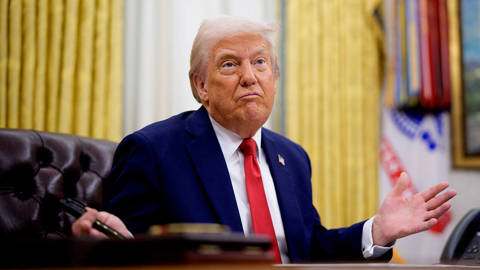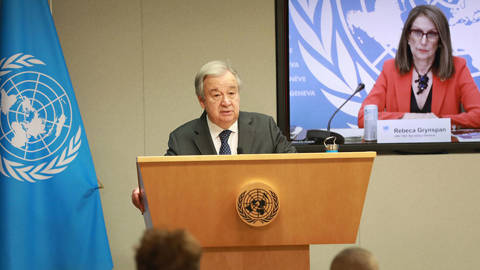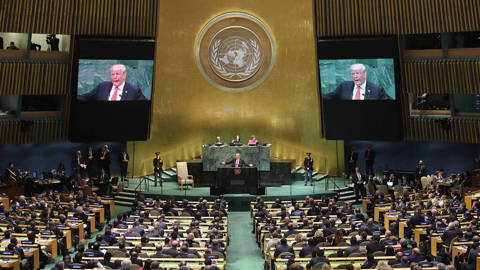Stephany Griffith-Jones
Stephany Griffith-Jones is Emeritus Fellow at the Institute of Development Studies at the University of Sussex and Financial Markets Director at the Initiative for Policy Dialogue at Columbia University.
-
The G20’s Missed Opportunity
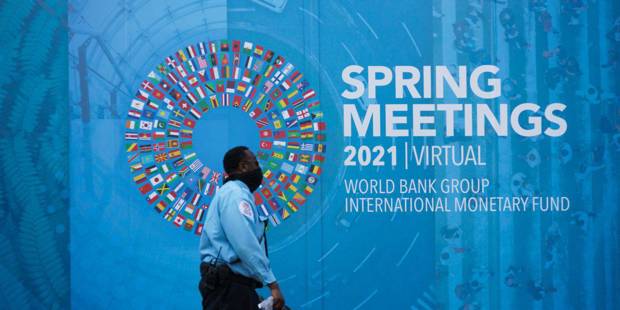 Free to read
Free to readThe G20’s Missed Opportunity
Apr 12, 2021 Shamshad Akhtar, et al. warn that failure to offer comprehensive debt restructuring will threaten long-term global recovery.
-
The Age of Public Development Banks Has Arrived

The Age of Public Development Banks Has Arrived
Nov 6, 2020 Stephany Griffith-Jones, et al. explain how government-backed financial institutions can promote sustainable and inclusive long-term growth.
-
The Need for Debt-for-Climate Swaps

The Need for Debt-for-Climate Swaps
Aug 17, 2020 Shamshad Akhtar, et al. call for a new global facility that would combine debt relief with investments in sustainability.
-
Mobilizing Development Banks to Fight COVID-19
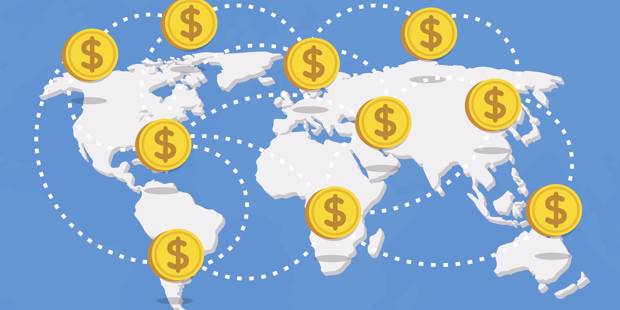
Mobilizing Development Banks to Fight COVID-19
Apr 8, 2020 Stephany Griffith-Jones, et al. argue that the world's often-overlooked financial institutions can spur economic recovery from the pandemic.
-
Why the World Needs National Development Banks

Why the World Needs National Development Banks
May 15, 2019 Stephany Griffith-Jones & José Antonio Ocampo highlight five ways in which countries' development-finance institutions promote sustainable economic growth.
